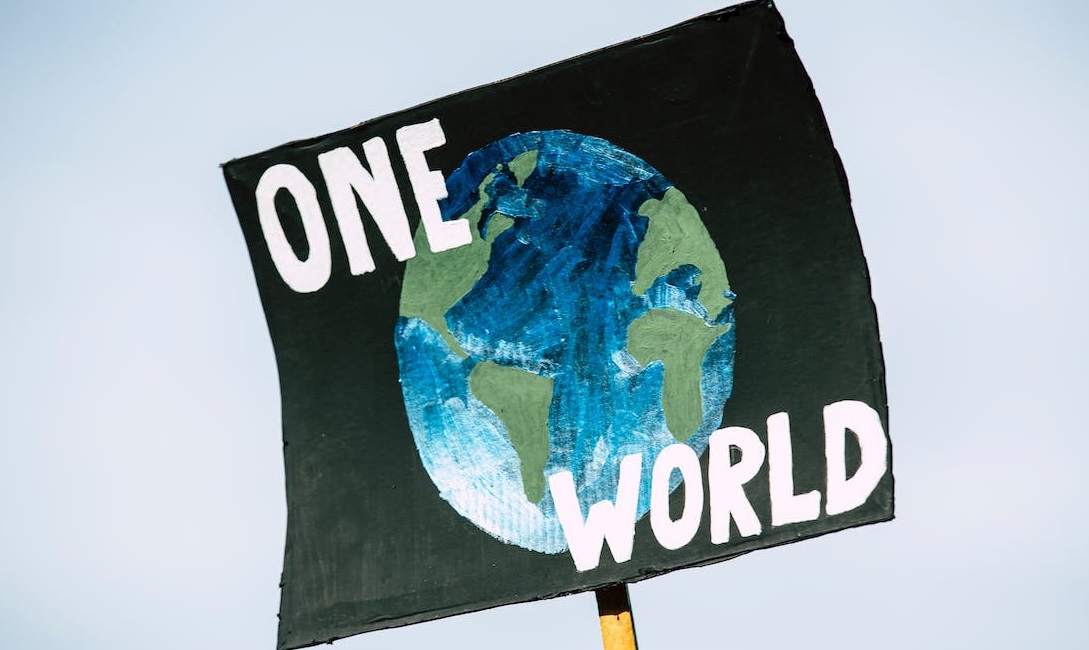One Earth, One Family: Embracing Unity in Diversity
Introduction: The world we inhabit is a remarkable tapestry of cultures, languages, and traditions, all intertwined on a single planet we call Earth. As we continue to advance technologically and connect across borders, the concept of “One Earth, One Family” becomes increasingly relevant. This idea encapsulates the spirit of unity, highlighting our shared humanity and the need to collaborate harmoniously to address global challenges. In this essay, we will delve into the significance of this concept, exploring its implications for fostering understanding, promoting empathy, and working collectively to ensure a sustainable and prosperous future.
Unity in Diversity: The phrase “Unity in Diversity” aptly captures the essence of our world. Despite our diverse backgrounds, cultures, and beliefs, we all share the same planet and face common challenges. Embracing this diversity enhances our collective understanding and enriches our perspectives. The various languages, customs, and traditions found across the globe are not barriers, but bridges that can bring us closer together. By recognizing our shared human experiences and valuing our differences, we can cultivate a sense of belonging to a single global family.
Fostering Understanding: The interconnectedness of our world has made it imperative for us to seek mutual understanding. The digital age has brought us closer than ever before, making it easier to learn about each other’s lives, struggles, and triumphs. When we take the time to listen and learn from one another, we break down stereotypes and misconceptions that fuel division. By embracing the principles of empathy and respect, we can build bridges that span across cultures and promote a more inclusive and compassionate world.
Promoting Empathy: The “One Earth, One Family” ethos encourages us to cultivate empathy for individuals whose lives might be vastly different from our own. A disaster in one part of the world affects us all, reminding us that our destinies are intertwined. When we understand the challenges others face, whether they are related to climate change, poverty, or conflict, we are better equipped to support meaningful solutions. Empathy helps us move beyond apathy, propelling us to take action for the betterment of the global community.
Collective Responsibility: In the face of complex global challenges, collaboration is not an option but a necessity. The COVID-19 pandemic vividly demonstrated that our fates are intertwined. No one is truly safe until everyone is safe. Whether addressing environmental crises, public health emergencies, or socio-economic disparities, a coordinated effort is vital. The concept of “One Earth, One Family” calls on us to acknowledge our collective responsibility to safeguard our planet and ensure a dignified life for all its inhabitants.
Sustainability and Future Generations: Preserving the planet for future generations requires a shift in our mindset from short-term gains to long-term sustainability. The idea of a global family urges us to think beyond our individual interests and consider the well-being of the entire Earth community. By making responsible choices, adopting sustainable practices, and advocating for policies that prioritize environmental health, we contribute to a more equitable world that can thrive for generations to come.
Conclusion: In a world that often seems divided by differences, the concept of “One Earth, One Family” serves as a reminder of our shared humanity and interconnectedness. This mindset calls on us to transcend boundaries and embrace unity in diversity. By fostering understanding, promoting empathy, and working together to address global challenges, we pave the way for a more inclusive, compassionate, and sustainable future. As members of the human family, it is our collective responsibility to nurture our planet and ensure that it remains a safe and welcoming home for all.

